The Paladins of Edwin the Great
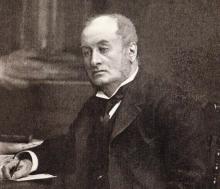

Author: Sir Clements R. Markham
Category: Other2
Published: 2014
Series:
View: 157
Read OnlineVery little is known for certain of one of the most important events in the history of the world, the coming of the Englishmen to England. It took a long time, fully a century, from 450 A.D. to 550 A.D., and they came constantly, in small detachments for the most part, landing on the coast, in all directions, from the Forth to the Isle of Wight. They came amidst the ruins of the mighty Roman Empire, a new race of empire–founders, with all the germs of a still mightier future. The new–comers from the older Angeln or England, now called Sleswig, came in the greatest numbers. We know not why, but it certainly was a wholesale movement. They kept launching their small fleets of dragon ships, and crossing the North Sea with their gods, their doorposts, and their beautiful golden–haired wives and children, until none were left. They brought with them all the deep religious feeling, all the imaginative mythology, all the heroic tales of the old land. They first disembarked on the coast between the Forth and the Tees, driving back the natives into Strathclyde, after a struggle which lasted for many years. Among them came Ida the son of Eoppa, with twelve sons, in forty dragon ships full of English warriors. He founded the castle of Bambrough on the coast, which was at first surrounded with a hedge and afterwards with a wall; and in 547 A.D. he became king of the country of Bernicia, between the Forth and the Tees. Ida was surnamed the "Flame–bearer." He reigned for twelve years in Bernicia, when Ethelric his son succeeded him. Many more warriors landed on the coast between the Tees and the Humber. In 559 A.D. their Eolderman, named Ella, the son of Iffi, the son of Wuscfrea, and 12th in descent from Woden, became king of the more southern Northumbrian kingdom of Deira. When they were settled in their kingdom of Deira, with Ella as their king, and Elfric as their leader in war, the sea–rovers became farmers, ready to defend their possessions and to fight for the acquisition of more territory for their countrymen. They were the ceorls or freemen assembling in communities of families, within a boundary or mark, and known by a common name with the addition of the patronymic ing. The ceorl owned a hide of land, bore arms, had a vote, and took part in the thing, or general assembly of his mark. The union of marks formed a wapentake (Vopnatak), from the custom of touching the chief\'s spear in token of fealty. The union of Wapentakes formed the Scire or Shire with its Shiremót. The Ceorl was the freeman, while the Eorl was the nobleman or chief in peace and war, and the Eolderman was a prince of the family of the Cyning (from cyne, generous) or king, who wore the cynehelm or circlet of gold. The Englishmen came with their immemorial gods, and their grand old traditions. Woden was their All–father and Creator, Thor the mighty enemy of giants and trolls, Tyr the god of war. They invoked Balder the bright and fair of aspect; Freyr, who presided over rain and sunshine; Niord, who ruled the winds; Ægir, god of the ocean; and many more. "Our forefathers derived comfort in affliction, support in difficulty, from the belief that the gods watched over them. They bent in gratitude for the blessings they conferred, and were guided and directed in the daily business of life by the conviction of their responsibility to higher powers than any which they recognised in the world around them." A religious feeling was the basis of their respect for law—of their loyalty, of their free institutions, and of those customs and habits of thought which were the foundation–stones of the edifice of English liberty. These old warriors brought with them to their new homes all those germs which were fertilised by their virtues, and watered with the lifeblood of their valour, until, in the course of centuries, they grew up to form the greatest nation this earth has ever seen, a fruitful and beneficent tree, spreading its branches far and wide round the world.
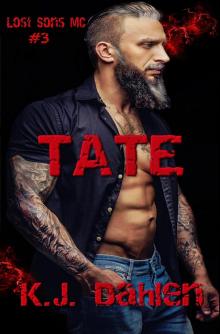 Tate
Tate Fake Boyfriend Breakaways: A Short Story Collection
Fake Boyfriend Breakaways: A Short Story Collection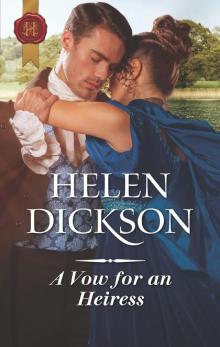 A Vow for an Heiress
A Vow for an Heiress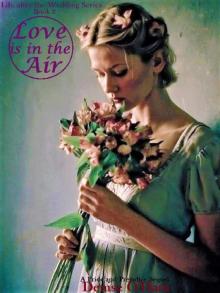 Love is in the Air
Love is in the Air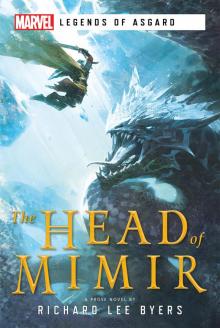 The Head of Mimir
The Head of Mimir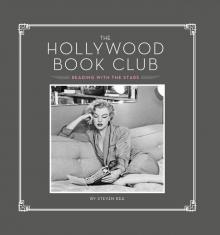 Hollywood Book Club
Hollywood Book Club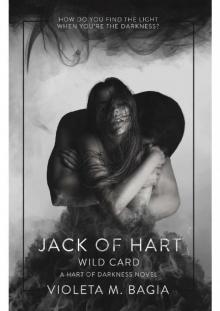 Jack of Hart- Wild Card
Jack of Hart- Wild Card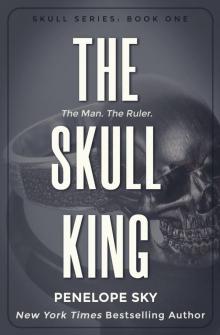 The Skull King
The Skull King